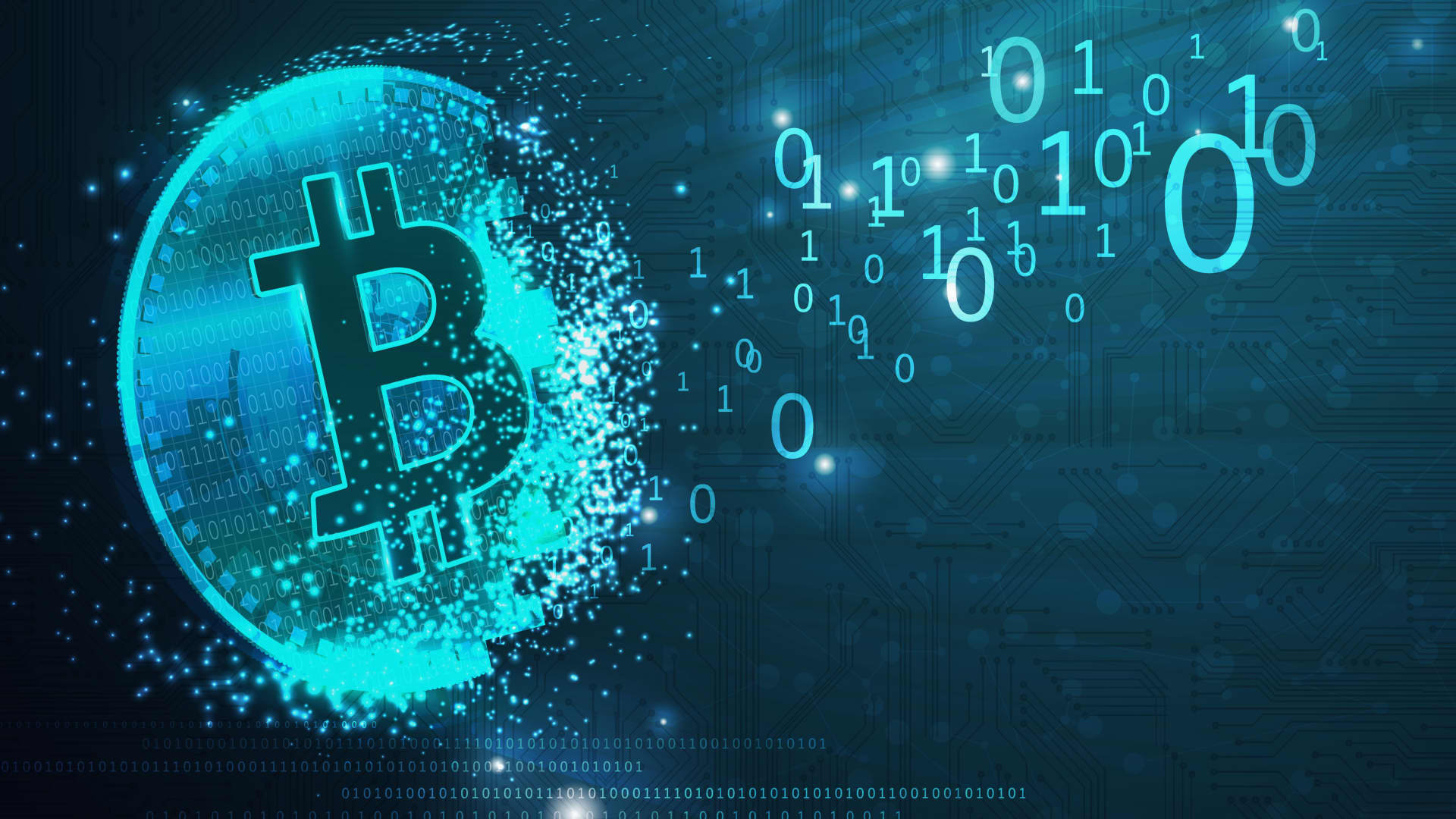What are the most realistic use cases for Blockchain technology in gaming?


- One big area where blockchain technology promises to make a difference is gaming.
- Video game developers have included collectibles in their titles for decades, although they have evolved tremendously in the last 15 years or so.
The blockchain has an almost infinite number of possible uses, ranging from the most obvious implementations like cryptocurrencies, to more unique ideas like the ability to track where food came from.
Several of these applications have gone from a concept to fully functioning products and services that are available to the public. Some of the most famous examples of this include digital money, NFTs, and initial coin offerings, although other ideas have also been realized.
One big area where blockchain technology promises to make a difference is gaming. In fact, there is often a lot of overlap in the demographics of people interested in blockchain and those who enjoy playing video games.
For this reason, we are already seeing many proposals being followed up by programmers and blockchain enthusiasts. Some of these ideas are simple and practical, while others are much more radical and ambitious.
So, which ones have a realistic chance of succeeding? Let’s take a look.
Casinos
The online casino space is very competitive with new brands popping up all the time. This means that incumbents must continuously innovate to ensure that they offer the best possible experience to their players.
One way this can be achieved is by creating unique variations for classic games, so players can enjoy some variety while playing or experiment to find their favorite option before settling down. We can see examples of this in games such as blackjack where players, instead of just one choice, can choose between several, for example classic, premium and high player.
The iGaming industry, which includes online casinos, has always been at the forefront of technology. Companies already deploy tools like random number generators to ensure fairness and military-grade encryption to provide security, while seeking third-party approval to verify the integrity of software and business operations.
That hasn’t stopped anyone in the blockchain space from suggesting that this decentralized technology could improve existing systems by providing transparency through the open ledger.
The idea would work by creating smart contracts for each bet and would allow other players to confirm whether a win had been paid out or not. Despite these advantages, uptake has been slow so far. However, that doesn’t mean it’s not a feasible or realistic idea.

Tradable items in the game
Video game developers have included collectibles in their titles for decades, although they have evolved tremendously in the last 15 years or so.
They’ve gone from Easter eggs you find by simply exploring the map(s), to products you can buy for real money. These microtransactions help fund the continued development of additional content and features that would otherwise have been phased out and replaced years earlier.
However, when a player decides to stop playing a game, these in-game items become useless to them. Likewise, if the developer stops supporting an old title, any digital downloads may be lost forever.
The blockchain can help solve these problems and even make in-game items transportable between different titles.
By making each one a unique NFT, these digital assets can be tracked, traded and transferred between players and even between games.
For some players, this can become a business or side hustle, investing in items early in the game’s lifecycle, holding onto them, and then selling them later for a profit. This will simply be a digital version of how someone buys and sells physical collectibles in the real world.
For other players, it will simply mean that they can get back some of the money they used to buy in-game items after they decide to stop playing. This would be equivalent to someone selling or trading a physical game disc after they have decided to move on to another game. In this case, they might not get back all the money they spent on it, but it will cover some of it.
























